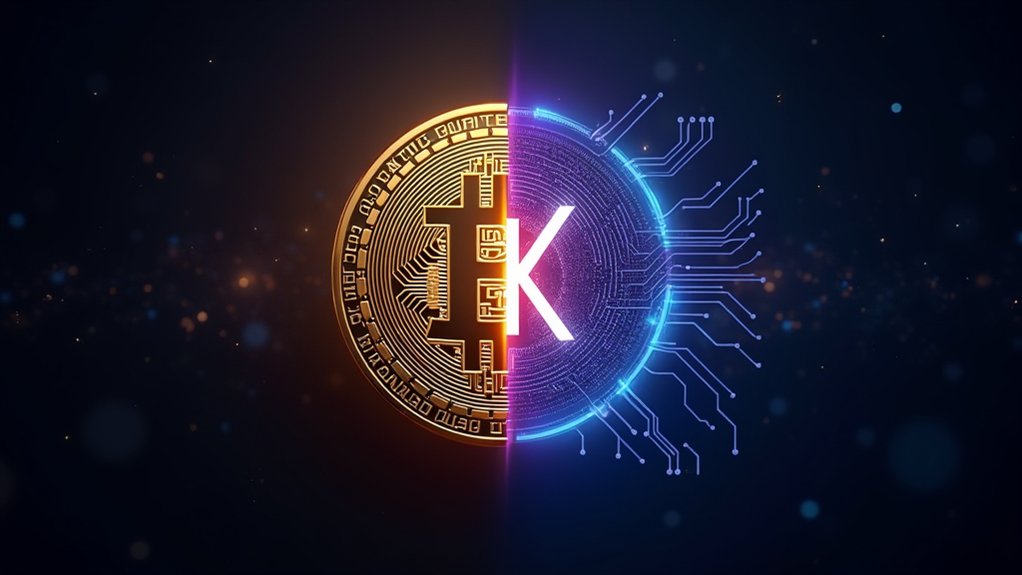While Bitcoin has weathered many storms over the years, a new threat looms on the horizon: quantum computing. Bitcoin developer Agustin Cruz isn’t waiting around to see what happens – he’s proposed a radical hard fork called QRAMP (Quantum-Resistant Address Migration Protocol) that’s stirring up drama in the crypto community.
The stakes are serious. Within a decade, quantum computers could crack Bitcoin’s current cryptographic defenses like a walnut. QRAMP’s solution? Force everyone to move their coins to quantum-resistant wallets, or else. Yes, you read that right – if you don’t migrate your funds by a certain block height, they could disappear forever. Even Satoshi’s dormant fortune wouldn’t be spared. The focus on proactive security measures reflects the urgency of protecting digital assets before quantum threats materialize.
The proposal has some hardcore Bitcoiners clutching their private keys in horror. Hard forks are messy business, potentially splitting Bitcoin into two competing chains. And let’s be honest – coordinating a global wallet migration is about as easy as herding cats through cyberspace. A startup called BTQ has proposed using Coarse-Grained Boson Sampling as an alternative solution. Some argue it’s premature since no quantum computer has actually broken Bitcoin’s security yet. Byzantine Fault Tolerance could play a crucial role in maintaining network stability during the transition period.
But here’s the kicker: waiting until quantum computers can break Bitcoin might be too late. QRAMP would update the network to reject any transactions from old-school ECDSA wallets, fundamentally giving everyone an ultimatum – adapt or lose your coins.
While Bitcoin’s mining algorithm (SHA-256) remains quantum-resistant for now, those exposed public keys during transactions are like leaving your front door wide open to future quantum burglars.
The crypto industry isn’t blind to these risks. Other blockchain projects are already exploring quantum-resistant solutions. Cruz’s proposal includes code for the migration process and guidelines for securing the network post-fork.
But getting consensus? That’s another story. Between miners, developers, and users, someone’s bound to resist change.
Love it or hate it, QRAMP forces the Bitcoin community to face an uncomfortable truth: quantum computing isn’t science fiction anymore. It’s a ticking time bomb for cryptocurrency security, and someone needs to make the first move.





